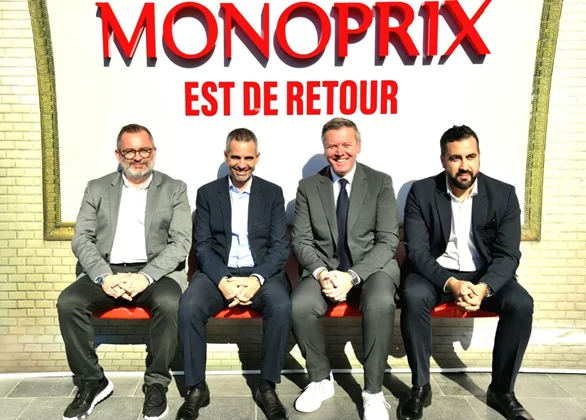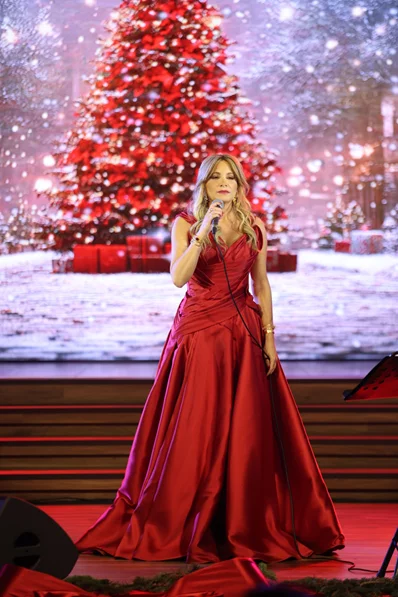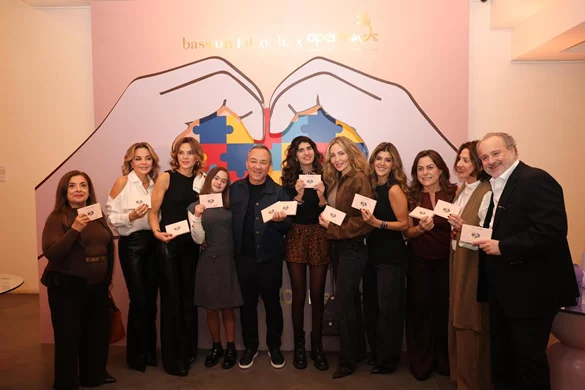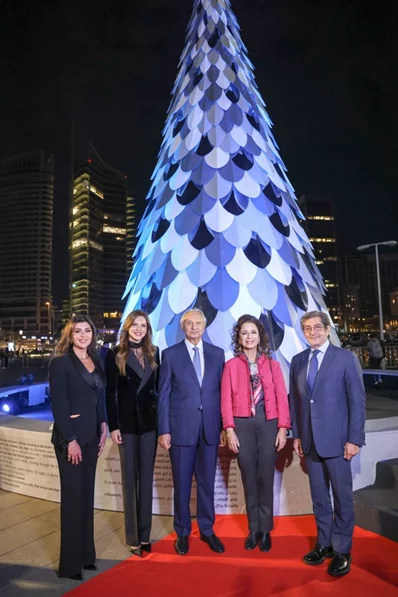The Lebanese ministry of Agriculture announced the second edition of the Lebanese Wine Day, held this year in Berlin on May 5, at a press conference in the Press Club in Beirut.
The event comes almost exactly a year after the first Lebanese Wine Day in Paris, which helped create new commercial opportunities for Lebanese Wine in Europe and the beyond, and is a reflection of the growing importance of the $50 million Lebanese wine industry, both in terms of the local economy and in enhancing Lebanon's image abroad. Lebanon exports over 33% of the more than 8 million bottles it produces each year.
Present were his Excellency Mr. Alain Hakim, Lebanese Minister of Economy and trade; his Excellency Mr. Akram Shehayeb, Lebanese Minister of Agriculture; Louis Lahoud, General Director of the Lebanese Ministry of Agriculture and Zafer Chaoui, president of the UVL (Union Vinicole du Liban) as well as wine producers and industry professionals.
Mr Zafer Chaoui, president of the UVL, thanked the Lebanese President General Michel Sleiman for allowing having the Lebanese Wine day under his auspices. "Despite the difficulties faced by Lebanon, the wine sector has witnessed impressive growth over the past 20 years." He said. "Indeed, the number of producers has risen from eight at the end of the war to more than 40 today, 22 of which are members of the UVL and represent around 95% of the local production. Government support is necessary and this is what we have in Berlin. We hope that this support will continue and increase in the future."
Mr Louis Lahoud, general director of the Lebanese ministry of Agriculture, said that "the wine industry is an important sector in the Lebanese economy especially in the agricultural one. Lebanese vineyards cover some 2,000 hectares and the annual production of wine bottles exceeds 8 million of which the third is exported. The Ministry of Agriculture continues to support this area and to ensure its quality to develop the best wines."
In his words, his Excellency Mr. Alain Hakim stated that "The success of this day will not only help Lebanon to create opportunities in the penetrating new markets in Europe and rest of the world, it will also contribute to a positive image of the Lebanese industry, characterized as it is by high quality and the success of the first Lebanese Wine in Paris last year is the best proof of this". He added that "We are also pleased on this occasion to pay tribute to the economic relations that bring together Lebanon, Germany and the European Union. The establishment of economic relations with the European Union is crucial and we wish to remain engaged in working on the development of these relations and increase the volume of trade through the removal of obstacles and barriers while improving the conditions for the flow of goods and services. He also said that "This market should be developed because we believe that this industry can form one of the mainstays of the Lebanese economy. We hope to succeed in this and follow what our ancestors began, by delivering Lebanese wine to the German and European consumers and doing so reflecting the true face of Lebanese culture".
In his speech, his Excellency Mr Akram Shehayeb said that "we meet to build on the success achieved last year in the Lebanese Wine Day in Paris, an event that could not have been achieved without the partnership between the public and private sectors, and the coordination of the state, represented by the ministries, their relevant departments and the wine producers, in particular, the Union Vinicole du Liban.". He added that "the public sector is paying special attention to the sector of vines in general and wine in particular. This interest is reflected in Law 216 related to the wine production and trade and the decree to establish the national Institute of vine and Wine with the collaboration of the Ministry of Industry". He also said that "we are confident of the positive outcome of the Lebanese Wine Day in Berlin with the participation this year of 34 wine producers, four more than last year. If we are producing more than 8 million bottles of wine per year and we are exporting an equivalent of 40 % of our production, then our ambition is to double that number". And he concluded by saying "We are a confident of the quality and excellence of our production as well as our ability to compete, not only in wine, but also in olive oil, honey and apples and other products in which we take great pride. We strive to replicate the success of our wine with all other niche products. Coordination is underway in this regard and the joint media campaign in partnership with the Ministry of Foreign Affairs and Emigrants will soon begin in Lebanon and will eventually spread abroad with the support of our partners."
Lebanon is one of the oldest sites of wine production in the world with a heritage of viniculture stretching back 7,000 years. Today, the country boasts nearly 40 wineries of varying size spread over the North, the Bekaa Valley, Mount Lebanon and the South. They produce over 8 million bottles and use nearly 30 grape varieties. The sector is enjoying a period of unprecedented growth and international interest.



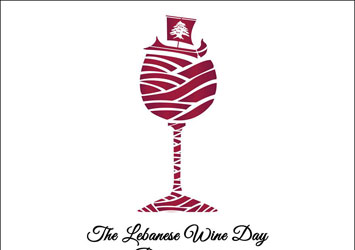

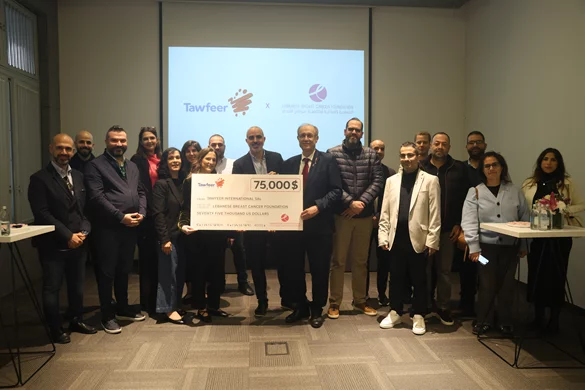
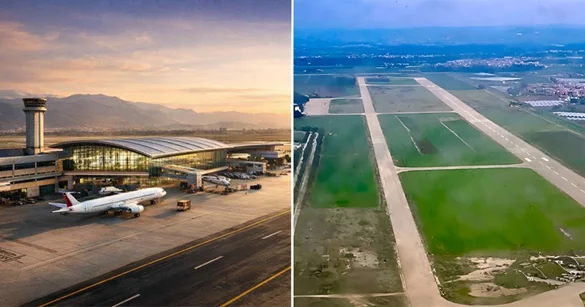

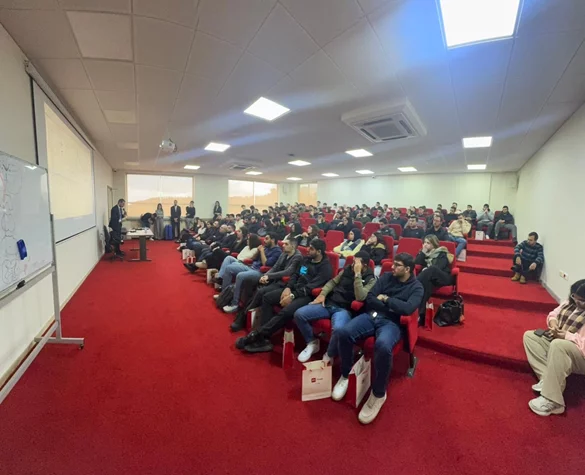
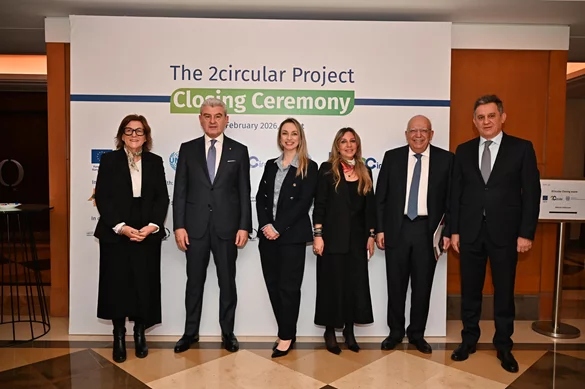

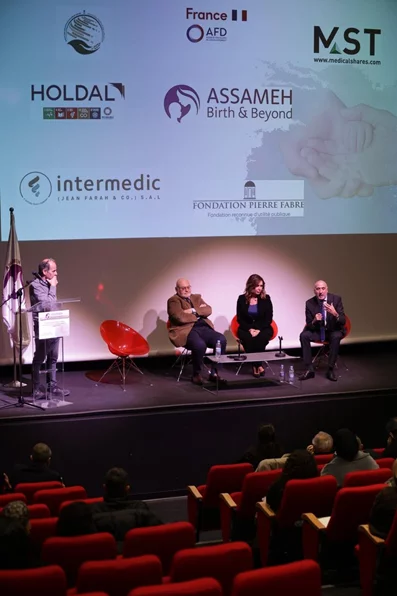

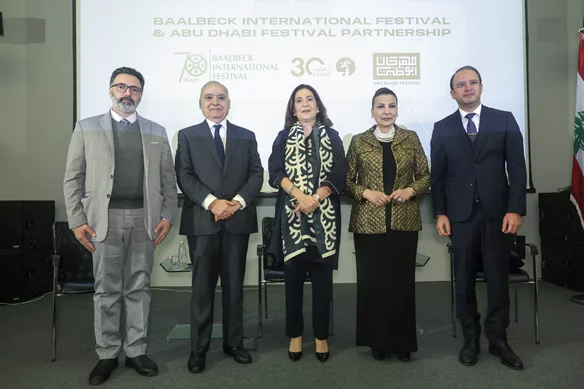


.webp)

